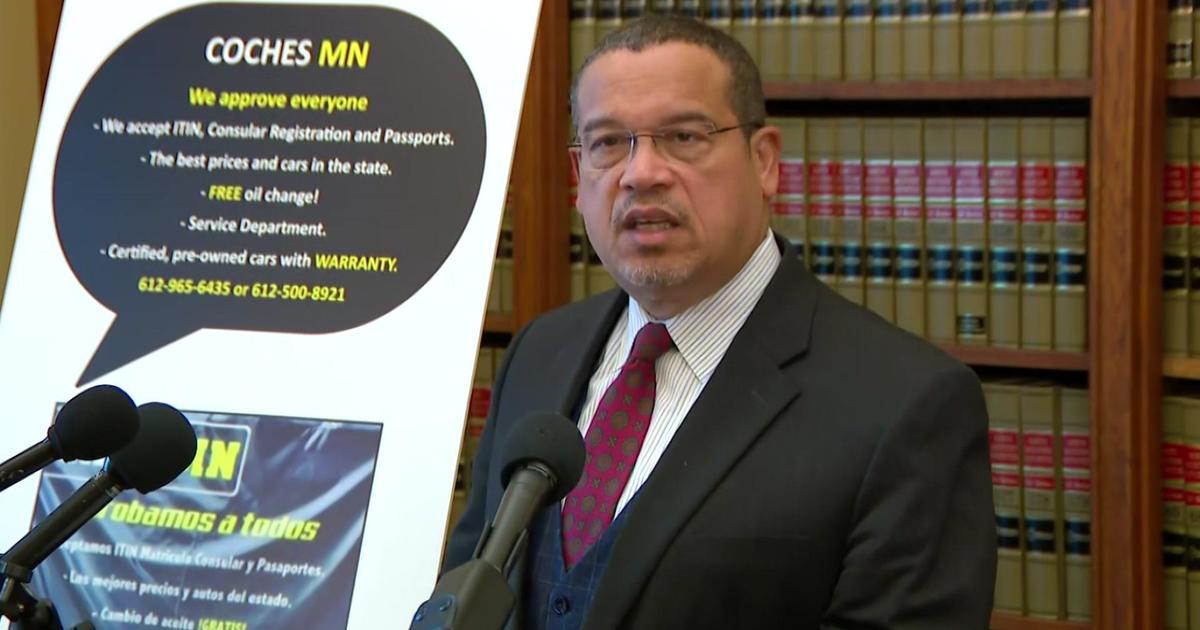Pot Producer Not Picked For Minn. Program Sues State Over Data
ST. PAUL, Minn. (AP) — A cannabis producer left out of Minnesota's medical marijuana program is suing the state over the planned public release of information submitted as part of an unsuccessful bid.
Abatin Minnesota was established as a limited liability company in September 2014 for the sole purpose of bidding to be a medical marijuana manufacturer in the state. Abatin dissolved less than a year later after it wasn't selected for the job. California-based BHC Group, a company closely aligned with Abatin in its Minnesota pursuit, filed the lawsuit late last month.
The company is seeking an injunction to stop posting of application information on the Health Department's website on Jan. 22, as the agency has said will happen. The lawsuit, filed in Ramsey County District Court, also seeks unspecified damages and attorney fees.
When the Health Department sought manufacturers following passage of a 2014 medical marijuana law, the agency asked for extensive information from companies bidding for state certification. They were required to provide details about cultivation, extraction methods, pricing, building blueprints and security plans, ownership structure and compensation agreements with executives and investors.
The lawsuit contends that disclosure of application details — even after promised redactions are made — could negatively impact the reputation of investors and provide "an unjust informational windfall to competitors that wish to tarnish such principals'/investors' market and thought leadership."
Bill Pentelovitch, an attorney for BHC, had no comment Monday beyond the court filings. The Department of Health didn't provide immediate comment.
In planning for the information release, the Health Department has relied on an advisory opinion provided in April by the Department of Administration, which is also a defendant in the case. The nonbinding opinion determined that applications submitted by manufacturers were "presumptively public" once any manufacturers were registered with the state. Trade secret and security information were deemed the sole exceptions.
Only two of the 12 applicants were ultimately chosen to cultivate marijuana and convert it into the pill, oil or vapor forms allowed for sale to patients with qualifying conditions. Producers aren't allowed to sell it in leaf form for smoking.
Sales of the approved products began in July. So far the program's customer base has been measured in the hundreds, but that population is expected to expand considerably next summer when people with well-documented intractable pain will be allowed to purchase medical cannabis.
(© Copyright 2016 The Associated Press. All Rights Reserved. This material may not be published, broadcast, rewritten or redistributed.)



